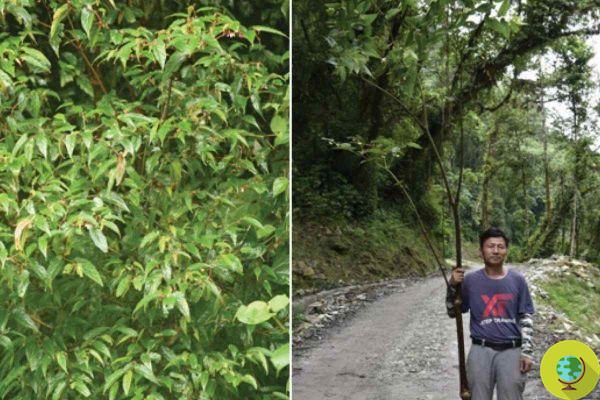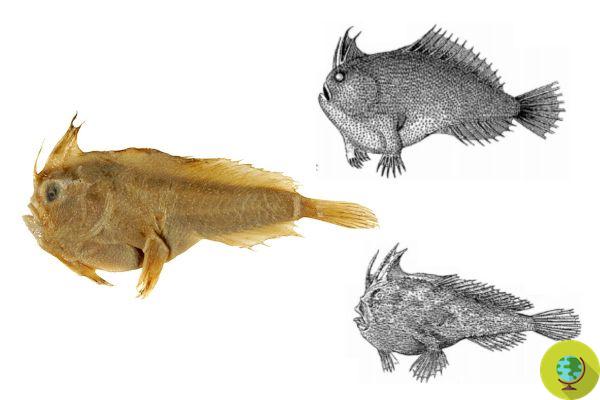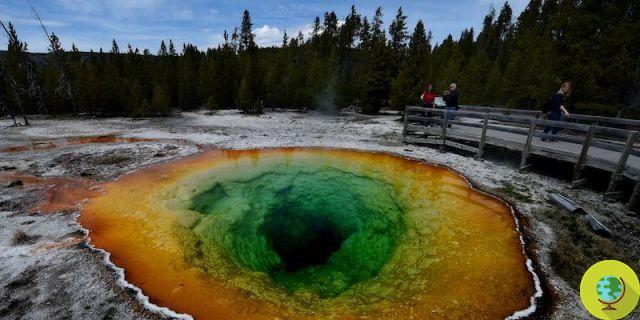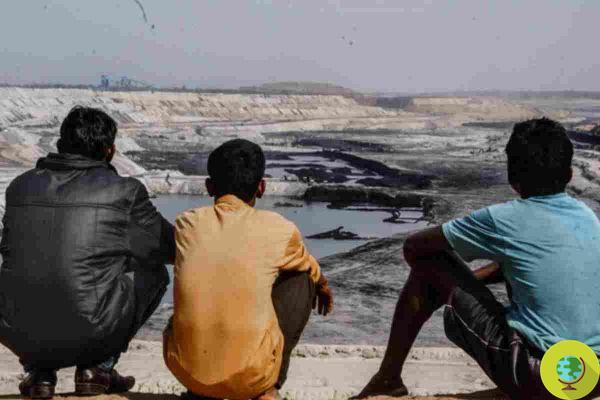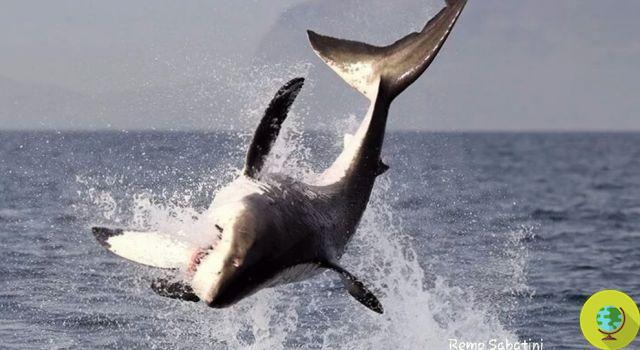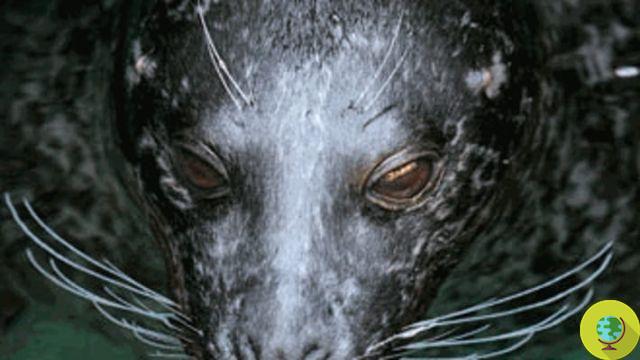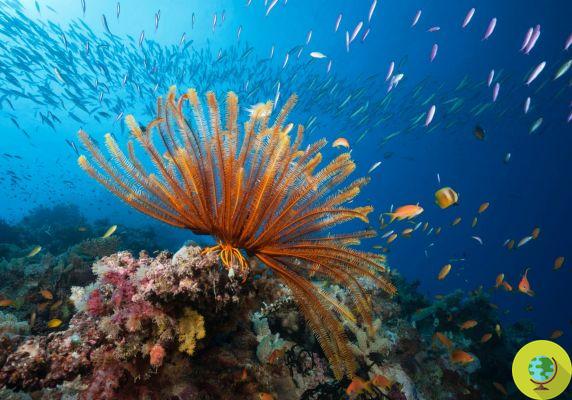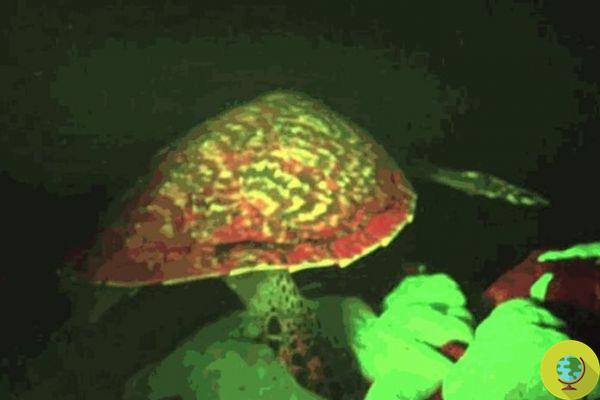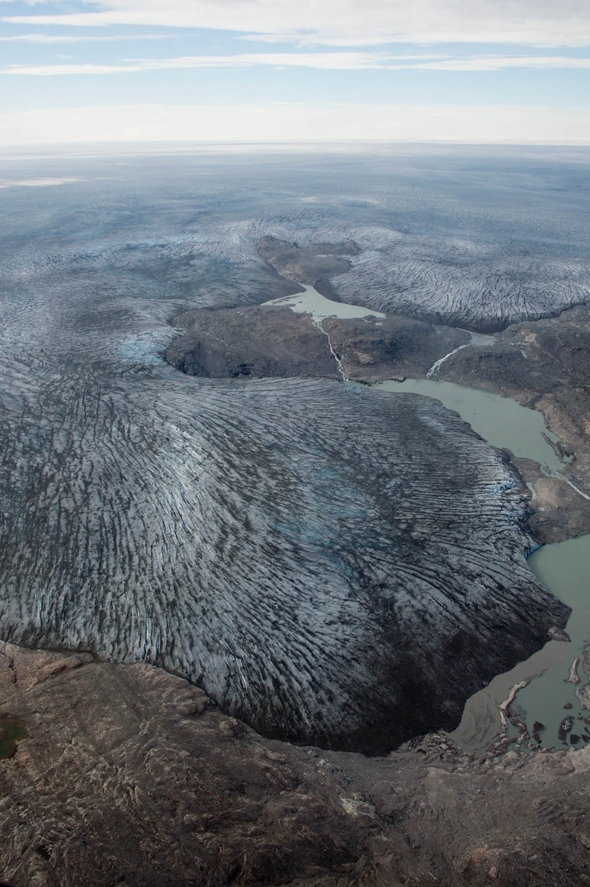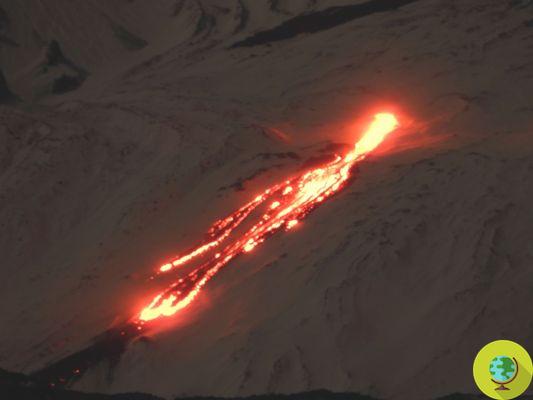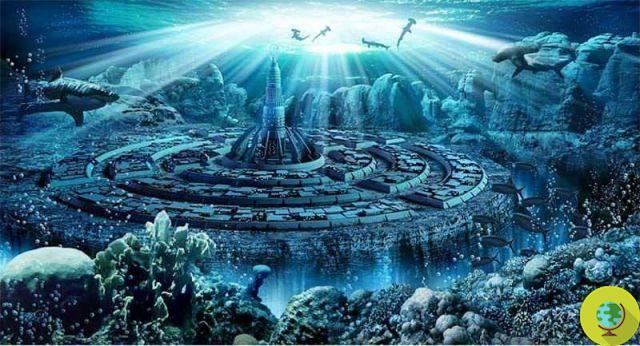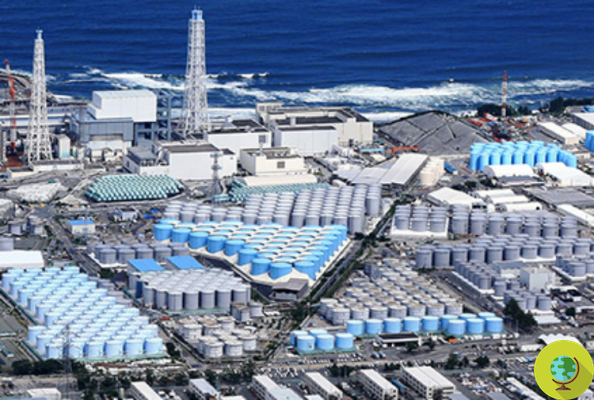
Almost a month after the terrible earthquake that hit Japan, the environmental alarm linked to the Fukushima nuclear power plant not only has not returned, but continues to worsen day by day. In fact, a few hours ago the news came that the Japanese technicians of the Tepco company were forced - according to the version of Tepco itself - to release 11.500 tons of radioactive water into the oceanic waters of the coast. A desperate move that, the company spokesmen explained yesterday, would have served to avert a much worse disaster: the spill of more water with even higher percentages of radioactivity.
He is about to end up run over, his mother saves him
Almost a month after the terrible earthquake that hit Japan, the environmental alarm linked to the Fukushima nuclear power plant not only has not returned, but continues to worsen day by day. It is in fact a few hours ago the news that i Japanese technicians of the Tepco company were forced - according to the version of Tepco itself - to release 11.500 tons of radioactive water into the oceanic waters of the coast. A desperate move that, the company spokesmen explained yesterday, would have served to avert a much worse disaster: the spill of more water with even higher percentages of radioactivity.
The situation is therefore critical, to the point that some have already placed the Fukushima disaster in first place in the ranking of the worst accidents related to atomic energy for peaceful use. Even worse than Chernobyl. And no wonder, given that after the soil and air contamination in the areas surrounding the plant - contamination due to the notorious "radioactive cloud" - also the waters of thePacific Ocean are now irremediably polluted by radioactive particles. It should also be borne in mind that one is still open it is about 20 centimeters wide in the vicinity of reactor 2 - the one that is causing the worst damage so far - from which more “low-radioactive” water continues to leak. The situation is so confusing that it is not yet known whether or not the problem is connected with those 11.500 tons of water poured into the sea.
Certainly, as stated by Tepco, the technicians will try to identify the flaw in the coming days coloring the water still inside the reactor, and then somehow groped one riparazione. Meantime the Japanese government he asked the Russia a ship to store contaminated water, we will see with what results.
But what are the consequences for the environment? And for the our seas? Will the radioactivity of water reach us like, albeit in very small quantities, the radioactive cloud?
La marine food chain in the areas close to the plant, in any case, it will be compromised for hundreds or perhaps thousands of years. The radioactive particles contained in the water, in fact, will be responsible for very serious DNA mutation of algae, fish, crustaceans and any other form of animal or plant life with which they come into contact, with unpredictable but certainly very bad consequences for the health of the environment and, above all, of man. It is no coincidence, and fortunately, that fishing in the sea in front of the Fukushima power plant has been banned.
Less likely, however, a negative influence on the long range, given the enormous mass of water contained in the oceans (around 1400 million cubic meters) and also given the very slow mixing time of the same. In short, unlike the radioactive cloud, it will take thousands of years for the contaminated heavy water to reach our seas also because the mass of the oceans is one million times the mass of the atmosphere and the dilution will be such as to make the contamination.
Roberto Zambon
Photo: Frostroomhead
Read all our articles on the nuclear alarm in Japan





